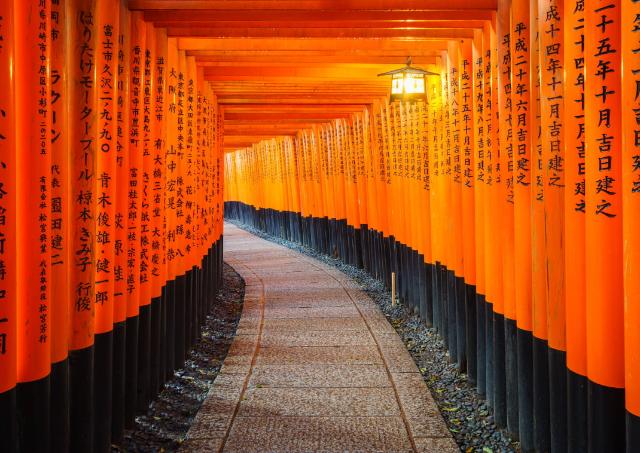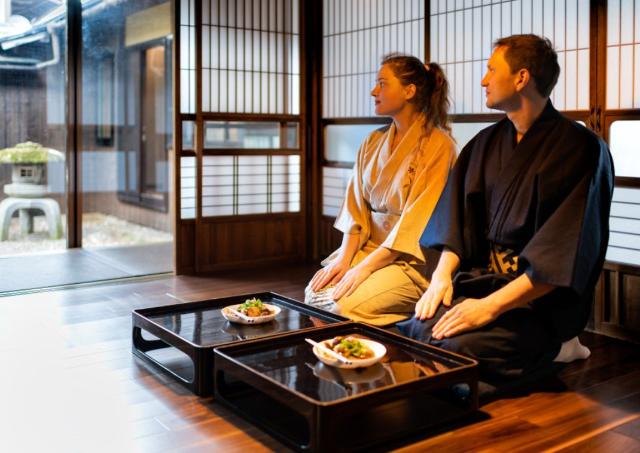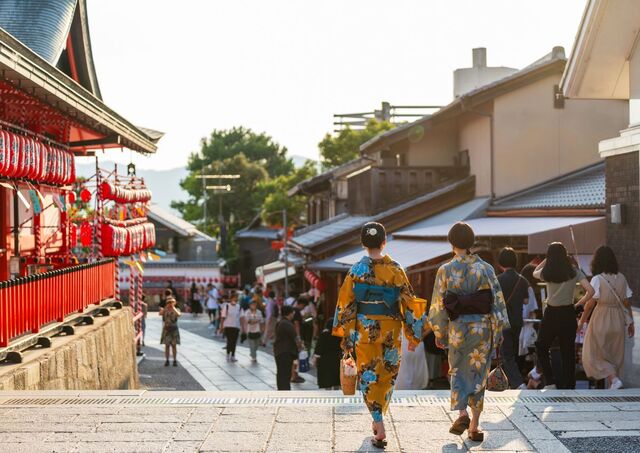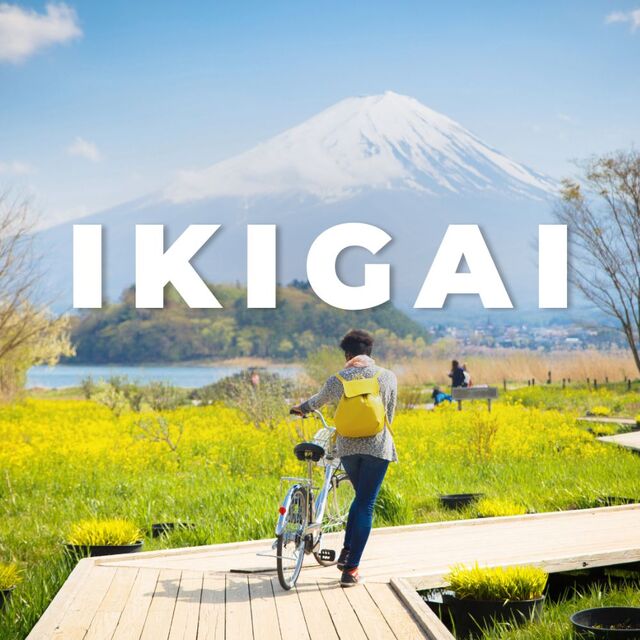Visiting Japan Without Speaking Japanese
It is true that in the bigger cities, such as Tokyo and Osaka, you’ll have an easier time with English. But there are some common mistakes that first time tourists make that gets everyone confused, like talking in fast but lengthy sentences, or not learning some basic words to get around.
Here we’ll look at some general tips for getting around Japan without Japanese, as well as some useful phrases and things to remember when trying to communicate.
General Tips and Preparation for Japan
When trying to communicate in Japan, especially for more complicated sentences, your phone is going to be your best friend. There are tons of apps and online dictionaries, and Google Translate has come a very long way. But that means you need to keep your phone available at all times, so you should get a pocket wifi and portable charger. You could even get a rental sim card for calling taxis. These can all be bought online or at the airport.
It’s also best to look up your routes in advance so you don’t get confused or lost. Of course, another easy option is to simply book tours and events with an English guide.
Eating Out
As well as your routes for the day, you should probably give some thought to where you’ll eat as well, or prepare to get adventurous.
A lot of restaurants in Japan have pictures of their food on their menu, or might even have realistic samples of their food outside to show you what it looks like. In big cities, they will likely also have a menu in English, but if not, you can simply point to the dish you want. If all else fails, the Google Translate app has a camera function that can translate text.
However, if you have allergies or dietary restrictions, you’ll need to make that very clear. If possible, get someone Japanese (like your hotel concierge) to write “I have a ___ allergy” on a piece of paper in Japanese for you so you can show it at restaurants: [ナッツ]アレルギーがあります。 ([nattsu] arerugi ga arimasu) I have a [nut] allergy.
Some other useful phrases for restaurants are “sumimasen” (excuse me) to get the waiter’s attention, and “o-kaikei onegai shimasu” (bill please) to finish up.
Transportation
While most train stations around Japan will have their signs in English, not all will make announcements in English. For buses, most local ones have no English at all, while long-distance ones might. For cases where they don’t, it is best to use a location app and track where you are on the map.
Getting a train in Japan for the first time can be confusing, as you have to figure out where you are going to figure out your fare. To avoid that, the easiest option is to get an “IC card”, and the two main ones are Pasmo and Suica. You can get one of these cards at the train station and top it up. It costs a small deposit which you can get back if you return it. By using one, you never need to buy a ticket, and can just tap in at the barrier and tap out at the other end.
Useful Phrases to Use in Japan
Here are some basic phrases that should come in handy around Japan:
The most helpful people will always be in uniform, and ready to listen and try their best to help whether you speak in broken Japanese or English. This could be staff at the station, shops and restaurants, taxi drivers, or the most helpful of all, tourist information and hotel concierge staff.
こんにちは (konnichiwa) Hello
ありがとうございます (arigatou gozaimasu) Thank you
すみません (sumimasen) Excuse me
失礼しました (shitsurei shimasita) Sorry
生ビールください (nama beer kudasai) One beer please
お願いします (onegai shimasu) Yes, please
結構です (kekkō desu) No, thank you
[トイレ]はどこですか? ([toire] wa doko desu ka?) Where is the [toilet]?
When Speaking in English
Finally, if your translation apps are failing or you have to answer a question quickly, you might need to use English.
If you do use English, remember to keep your sentences as simple and short as possible. For example, if you go to a convenience store and want something heated up, instead of saying “Please could you heat this up for me?” say “Hot please.” It might seem rude at first, but this will make everyone’s lives easier, and you will all be thankful.
This is the same for every situation. For example, if you are looking for a train going to the Skytree, instead of asking staff “Does this train go to the Skytree?”, simply point at the train and say “Skytree?”
Many customer-facing staff in big cities will have at least some basic conversation-level English, and some may be completely fluent. However, in more rural or less touristy locations there will likely be barely any English. But even in those cases, there are a few English words that are widely understood no matter where you go:
Hello
Thank you
Hot
Cold
Yes
- No
Lastly, some place names may sound significantly different in your accent than they do in Japanese. It may be useful to have the name written down in Japanese on your phone or on paper, or to show a picture of the place if your conversation partner does not recognise the name.
Now that you’ve got some basic vocab and that new confidence to travel around Japan, have a look at some of the great food you can eat without worrying about going into a Japanese restaurant!




